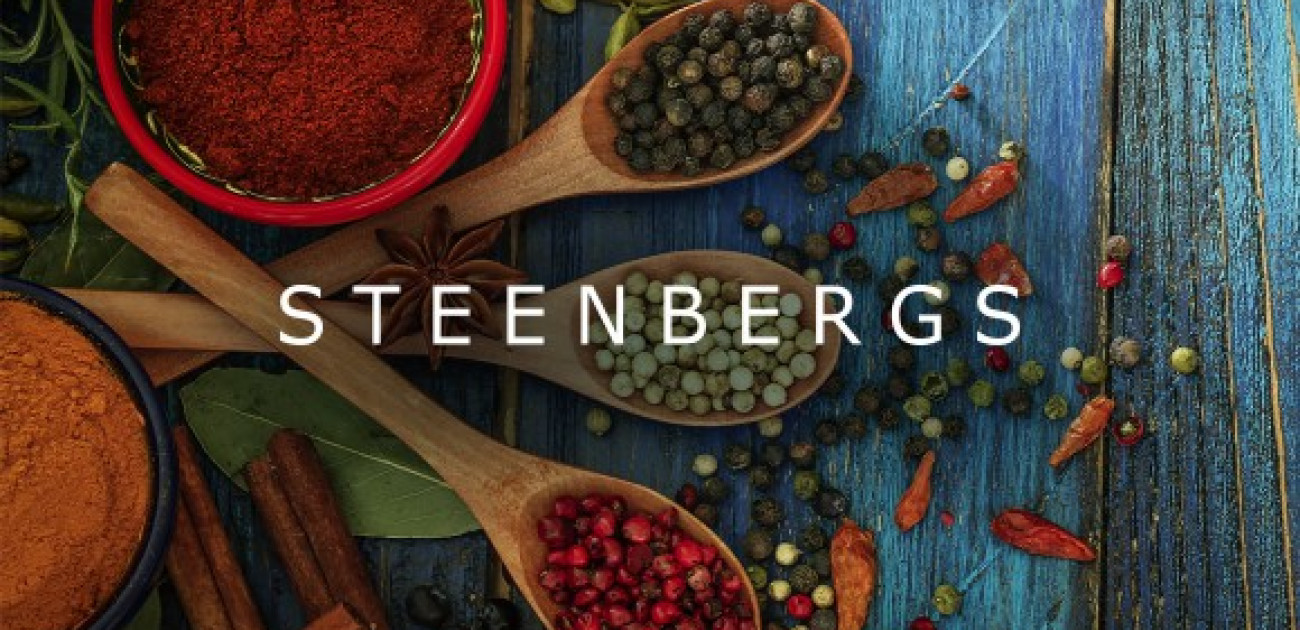25 June 2012
Is social media really so benign?

The penny finally dropped today about the creeping commercialisation of all of our private conversations and lives. On the BBC Today programme today, Evan Davies said follow us on Twitter after a piece on Arcelor Mittal in Liberia, which questioned how well they were doing in creating economic well-being. And I realised that that is advertising and that even though the BBC might not think it they are actually endorsing a commercial organisation, which is against their editorial policies (see 14.4.20, but I am sure that the BBC will argue that it is justified under 14.4.19 under "external sites it may be editorially justifiable to link to").
Now you might say “get real”, I am and we have Facebook and Twitter on Steenbergs websites, but we are a commercial organisation and are using it for commercial purposes, yet I would love daily free links and endorsements by the BBC or other organisations in the same way that both Facebook and Twitter get, as they quietly become embedded into websites and the TV and we frame our daily lives through digital media. You can follow the sport on the BBC with lots of Twitter links from outside into the BBC website and by following the Twitter tag #BBCtennis, which seems clearly to be endorsement to me. Nice and useful, but in the end it is creating free capital for Twitter (or Facebook) that it can then use as content and ways of targeting, and marketing at, people, which enables them to generate excess profits and value by users giving media content away for free. I accept the arguement that it is the free market that created these new modes of communication and media, and as a libertarian I do not like the concept of political regulation of media and communications, however I still believe we need more debate on how much influence, and reliance, can or should be given to just a few digital media channels rather than almost no discussion as is the current situation.
More and more we converse, chatter and debate online through emails (relatively private), as well as Facebook and Twitter that are much less private. We seem mostly to be comfortable and complicit in the sharing of so much that used to closely held with friends and family and non-commercialised in general conversations between people face-to-face or over the phone, or by letter. We have digitised ourselves, which has its own issues as "digital stuff" does not disappear after we have said it, but hangs around for a long time. That is one issue. But also, we seem okay with giving this knowledge away for free to somebody to commercialise themselves, whether that is our conversations or data about our habits and private lives; with media content via this blog or photography through Flickr, one has the option whether or not to give away such content as free, and I,for one, do believe in giving the content to others for their own commercial use as that is one of the benefits of I the Internet, however I have personally edited what I put onto the web and made choices about whether I accept that it will have become public and free for others to use, but I do not believe that our private conversations and activities should be so casually given up or are subject to the same degree of perosnal censorship. Things are said much more casually over Facebook and Twitter without any mediation and without the capacity to retract mistakes or change views through time, as our words and pictures leave a trail that we cannot leave so easily behind or forget quickly enough.
I do not know the answer and can only pose the question about whether this is a good thing. However, I reckon we will look back in the future and regret giving up so much privacy to a few monopolistic media-communications companies, while ironically at the same time focusing our anger at media businesses like News Corporation, which might no longer be as powerful as Facebook, Google and Twitter*, while being remarkably chilled about giving away our privacy and knowledge freely to such digital media companies. And guess what you can actually follow the Leveson inquiry on Twitter because it is "advertised" on their government web site – nice to be promoted by the state and by a media enquiry as something valid, legimate and of integrity, but then Twitter is now regarded as an essential communications tool rather than part of the media!
Overall, there is not enough debate or concern about this area, because it is new, it works, is fun and useful and the answers are too difficult, so who actually cares - certainly not those (the political establishment) with the power to debate and take action on it?
* You can be sure that as the politicians are investigating the media and especially News Corporation that news publishing and its influence is no longer as powerful, so can now be regulated with inpunity.




